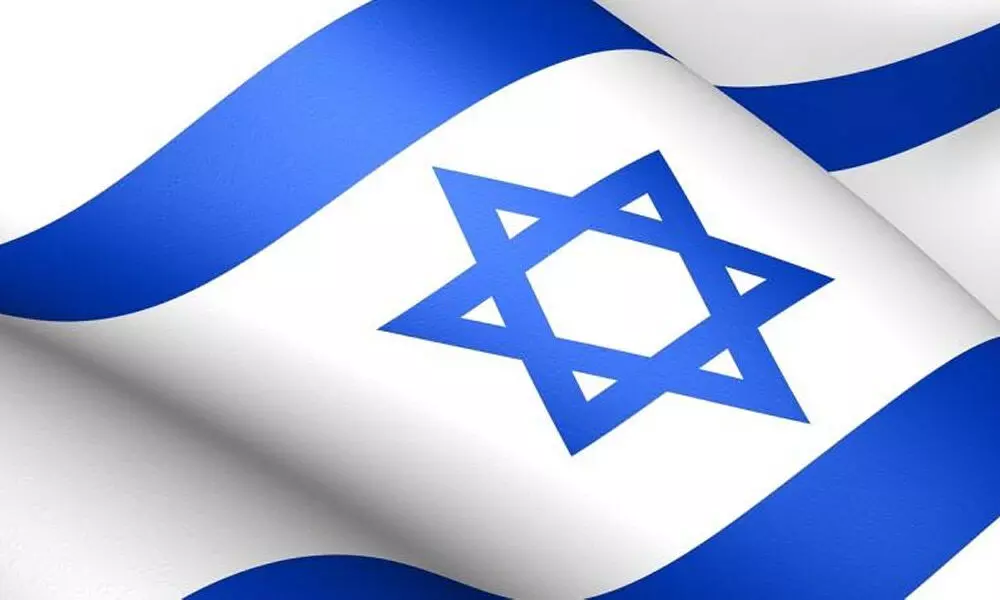Israel's 'expansionist' moves

Israel’s ‘expansionist’ moves
Israel and Greece have become stronger friends now. Each has its own interest in its mind, but, the impact is showing up already. Vaccinated Israeli tourists are now allowed to sun themselves on Greek beaches thanks to a Covid-19 green card agreed on by leaders in Athens and Tel Aviv. But, Israel means business in everything including in cultivating friendships. This is proven by yet another development wherein apart from holidayers, even Israel defence contractors are crossing over. They are working on a $1.68 billion project awarded to Israel's Elbit Systems last year to build and operate a new air force training school in Kalamata, Greece.
Together, the defence ties and tourist flows symbolise an emerging partnership between Greece and Israel that is taking root under the backdrop of Israel's rapprochement with Arab neighbours and a more assertive Turkish foreign policy under President Recep Tayyip Erdogan. Since the late 2000s relationship has progressed with leaps and bounds between the two. Reports from Jerusalem Institute for Strategy and Security also prove the point while echoed those sentiments. Israel and Greece, along with neighbouring Cyprus, established the tripartite framework in 2016 under which the three countries engage in regular high-level summits each year in Nicosia.
One of the original goals of the tripartite was to advance the EastMed Gas Pipeline. The project is designed to carry Israeli and Cypriot gas to Europe through waters disputed with Turkey. It is now clear that the relationship is not just about gas. If one looks at the text coming out of the tripartite statements the agenda is very broad. Energy ministers of the three countries signed a memorandum of understanding in March to lay an undersea cable, the EuroAsia Interconnector, linking the energy grids of Cyprus and Israel with the European continent.
Promoting tourism in the region is another area where the Mediterranean neighbours seek to cooperate. The speed with which Greece and Cyprus rolled out a vaccine green card with Israel, demonstrates this priority. The bonhomie might come as a surprise to some as it has not been noticed among these countries in the past. In 1990 Greece was the last European Union country to establish full diplomatic relations with Israel. One reason for this was the closest thing Israel had to a strategic community was with the only other nearby, non-Arab state, Turkey.
Greco-Israeli relations were second to relations with the Turks. At one point in time, Turkey had de facto veto power over Israeli arms sales to Greece and enjoyed the full support of the Jewish lobby in Washington, DC, which practically maintained good relations between US and the Turks. Many analysts point to the Mavi Marmara attack in 2010 as the turning point in the relationship. Israeli forces killed 10 Turkish citizens trying to break the country's blockade of Gaza. Nachmani said ties had been fraying for years before that as President Recep Tayyip Erdogan turned his attention more towards the Middle East and away from Europe.
Israel's perspective of Turkey changed after this attack and the Arab Spring. This caused Israel to reassess the nature of their ties. The latest friendship of Israel with Greece should only be expected due to the Turkey's plans of hegemony in the region.








